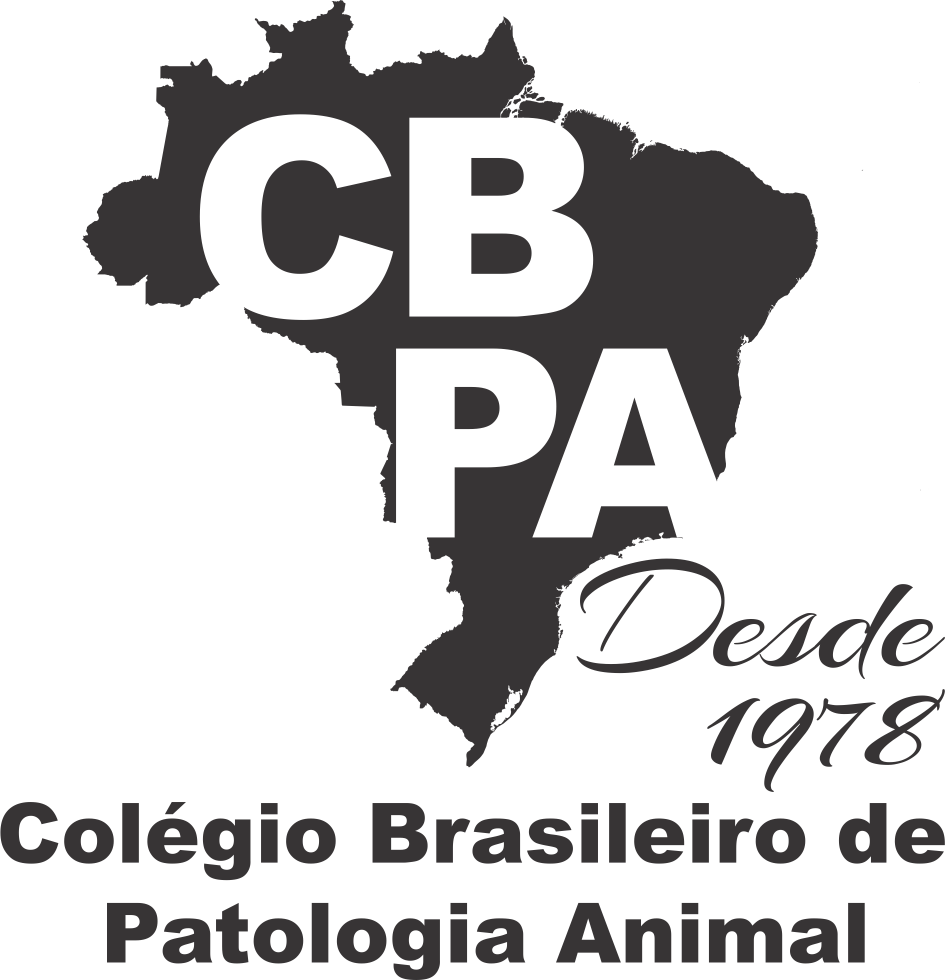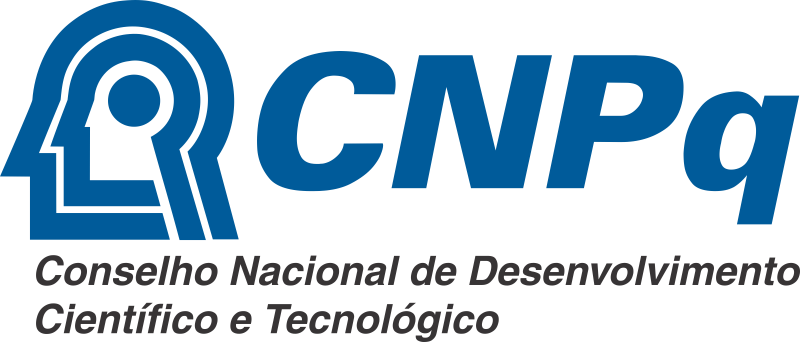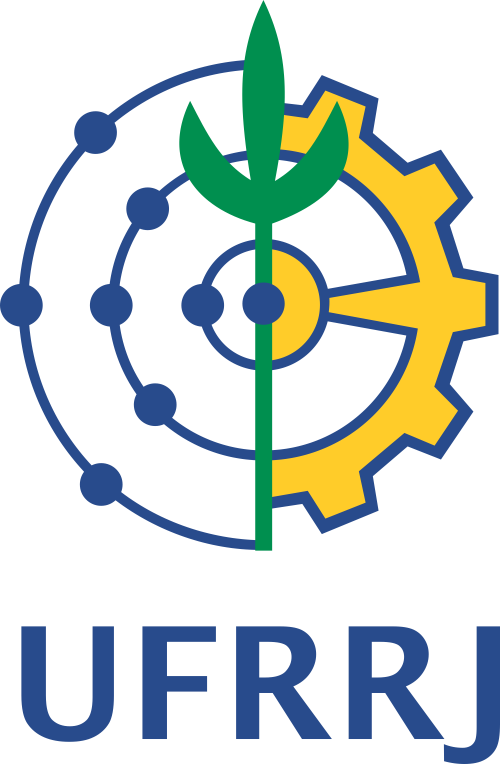Resultado da pesquisa (1)
Termo utilizado na pesquisa Andrade C.P. de
#1 - Single nucleotide polymorphisms at 15 codons of the prion protein gene from a scrapie-affected herd of Suffolk sheep in Brazil, 31(10):893-898
Abstract in English:
ABSTRACT.- Andrade C.P. de, Almeida L.L., Castro L.A., Leal J.S., Silva S.C. & Driemeier D. 2011. Single nucleotide polymorphisms at 15 codons of the prion protein gene from a scrapie-affected herd of Suffolk sheep in Brazil. Pesquisa Veterinária Brasileira 31(10):893-898. Setor de Patologia Veterinária, Faculdade de Veterinária, Universidade Federal do Rio Grande do Sul, Av. Bento Gonçalves 9090, Porto Alegre, RS 91540-000, Brazil. E-mail: davetpat@ufrgs.br
Scrapie is a transmissible spongiform encephalopathy of sheeps and goats, associated with the deposition of a isoform of the prion protein (PrPsc). This isoform presents an altered conformation that leads to aggregation in the host’s central nervous and lymphoreticular systems. Predisposition to the prion agent infection can be influenced by specific genotypes related to mutations in amino acids of the PrPsc gene. The most characterized mutations occur at codons 136, 154 and 171, with genotypes VRQ being the most susceptible and ARR the most resistant. In this study we have analyzed polymorphisms in 15 different codons of the PrPsc gene in sheeps from a Suffolk herd from Brazil affected by an outbreak of classical scrapie. Amplicons from the PrPsc gene, encompassing the most relevant altered codons in the protein, were sequenced in order to determine each animal’s genotype. We have found polymorphisms at 3 of the 15 analyzed codons (136, 143 and 171). The most variable codon was 171, where all described alleles were identified. A rare polymorphism was found at the 143 codon in 4% of the samples analyzed, which has been described as increasing scrapie resistance in otherwise susceptible animals. No other polymorphisms were detected in the remaining 12 analyzed codons, all of them corresponding to the wild-type prion protein. Regarding the risk degree of developing scrapie, most of the animals (96%) had genotypes corresponding to risk groups 1 to 3 (very low to moderate), with only 4% in the higher risks group. Our data is discussed in relation to preventive measures involving genotyping and positive selection to control the disease.
Abstract in Portuguese:
RESUMO.- Andrade C.P. de, Almeida L.L., Castro L.A., Leal J.S., Silva S.C. & Driemeier D. 2011. Single nucleotide polymorphisms at 15 codons of the prion protein gene from a scrapie-affected herd of Suffolk sheep in Brazil. [Polimorfismos de nucleotídeos únicos em 15 códons do gene da proteína priônica em um rebanho Suffolk afetado com scrapie no Brasil.] Pesquisa Veterinária Brasileira 31(10):893-898. Setor de Patologia Veterinária, Faculdade de Veterinária, Universidade Federal do Rio Grande do Sul, Av. Bento Gonçalves 9090, Porto Alegre, RS 91540-000, Brazil. E-mail: davetpat@ufrgs.br
Scrapie é uma encefalopatia espongiforme transmissível de ovinos e caprinos, associado a deposição da isoforma da proteína priônica (PrPsc). Essa isoforma apresenta uma alteração conformacional que leva ao acúmulo da proteína no sistema nervoso central e linforeticular do hospedeiro. A predisposição a infecção pelo agente priônico pode ser influenciado por genótipos específicos relacionados a mutações na sequência de aminoácidos do gene PrPsc. As principais mutações caracterizadas ocorrem nos códons 136, 154 e 171, sendo o genótipo VRQ o mais suscetível e o genótipo ARR o mais resistente. Nesse estudo nós analisamos os polimorfismos de 15 códons diferentes da gene PrPsc em ovinos de um rebanho da raça Suffolk no Brasil afetado com scrapie clássico. Os amplicons do gene da PrPsc, que contem os códons mais frequentemente encontrados foram sequenciados para determinar o genótipo de cada animal. Nós encontramos 3 polimorfismos do 15 códons analisados (136, 143 e 171). O códon que mais teve variações foi o códon 171, onde todos os alelos foram identificados. Um polimorfismo raro foi encontrado no códon 143, em 4% das amostras analisadas, o qual tem sido descrito por aumentar a resistência a scrapie em animais suscetíveis. Nenhum outro polimorfismo foi detectado nos 12 códons restantes, todos então, correspondendo à proteína priônica selvagem. De acordo com a grau de risco a desenvolver scrapie, a maioria dos animais (96%) tiveram genótipo correspondentes aos grupos de risco 1 a 3 (muito baixo a moderado), e somente 4% no grupo de risco alto. Nossos dados discutem a relação das medidas de prevenção envolvendo a genotipagem e a seleção positiva para o controle da doença.









